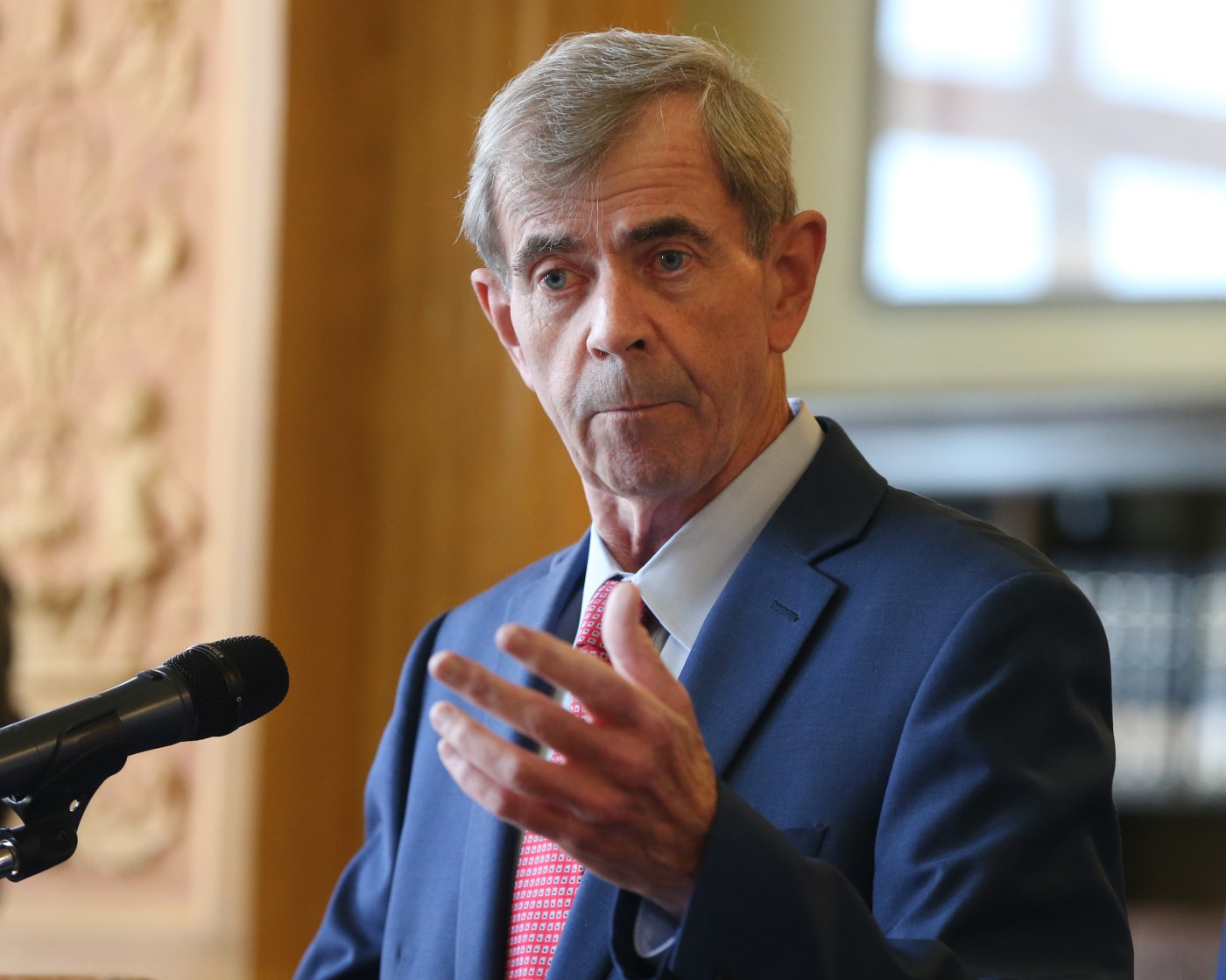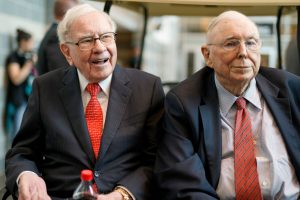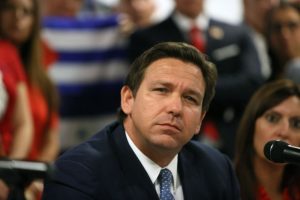
More than 700K mail-in ballots requested in Mass. ahead of presidential primaries
More than 700,000 voters in Massachusetts requested mail-in ballots ahead of the March 5 presidential primaries and almost 250,000 have been returned, numbers the state’s top election official said were “encouraging” as the contest shapes up to be a repeat of four years ago.
A trickle of residents were already casting their ballots at the BCYF Roche Community Center in West Roxbury Saturday. Secretary of State William Galvin said early voting in Massachusetts is off to a “slow start” but the primaries in South Carolina could encourage people here to head to the polls.
“Needless to say, since on both parties, the races seem decided at this moment, it’s not as much of an incentive for people to come out. But the intensity of interest in the presidency and the importance of this election, I think, is superseding. So I do think there will be a fair degree of turnout,” he said.
Early voting in Massachusetts runs through March 1 and registered voters can still request to vote by mail through Feb. 27, Galvin said.
Independents can choose to pull a Democratic or Republican ticket without becoming a member of that party. Galvin said Massachusetts has seen an uptick in independents requesting Republican ballots, “which, given the size of the Republican party in our state, is significant.”
“I think that clearly was a pitch that Gov. (Nikki) Haley has been making in her effort to contest Donald Trump,” Galvin said.
There are approximately 3.7 million active registered voters in Massachusetts, Galvin said. Less than 30% are registered as Democrats and around 10% are registered Republicans, he said.
Galvin said he believes young people “don’t want party affiliation.”
“They want to be able to pick and choose amongst the parties and you can see the parties themselves aren’t that exciting to people to be a participant in. I’ve been a lifelong Democrat but I don’t mean that has to be for everybody else,” he said.
The Massachusetts Republican Party is “very much in change,” Galvin said.
“The general point is most people are not connected with either party or or any party,” he said. “It’s not about the parties, it’s about the voters, and it’s about the choices and it’s about the citizenship and the importance of making these decisions.”


